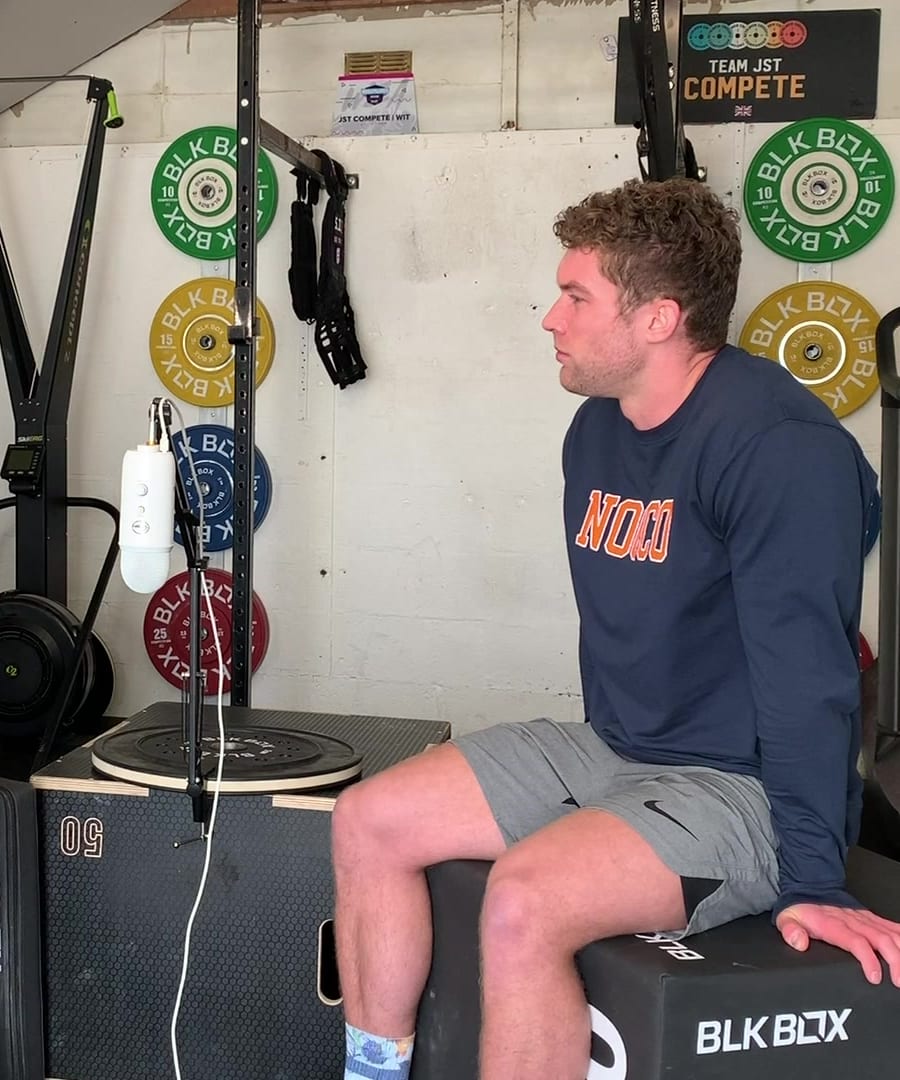High-level sport
Sources:
High-level sports require intense dedication, strategic planning, and the ability to manage numerous demands and sacrifices. Here are some insights from various experts across different podcasts:
-
Discipline and Sacrifice:
- Riley Gaines highlights the significant personal sacrifices made to compete at high levels, such as missing social events, vacations, and even funerals. She stresses that for elite athletes, everything revolves around the sport, and such dedication is indispensable for success 1.
-
Training and Goals:
- Steven Fawcett and Chris Williamson discuss the importance of living and acting like a high-level athlete to achieve long-term goals. Prioritizing major competitions over smaller events and allowing focused, specialized training can lead to better outcomes in the sport 2.
-
Characteristics of World Class Athletes:
- Elisabeth Scott defines world-class athletes, noting that they represent a tiny fraction of the global population. These are the top performers, including Olympic and world medalists, world record holders, and top-ranked athletes in various sports. Their training and skill levels are nearly exceptional, setting them apart from the elite 3.
-
Challenges in Peak Performance:
- Jocko Willink and Rich Diviney examine how high-level athletes handle environments where peak performance isn't always achievable. The stringent training and expectations can sometimes clash with unpredictable or highly stressful conditions, challenging athletes accustomed to constant high performance 4.
-
Use of Technology and Longevity:
- Neil deGrasse Tyson discusses how advancements in medical technology and training methods allow athletes like LeBron James and Tom Brady to maintain high performance levels despite aging. These technologies include advanced health care, physiological treatments, and sophisticated training regimens 5.
These insights illustrate the high demands and complexities involved in reaching and maintaining elite athletic status.
RELATED QUESTIONS-



